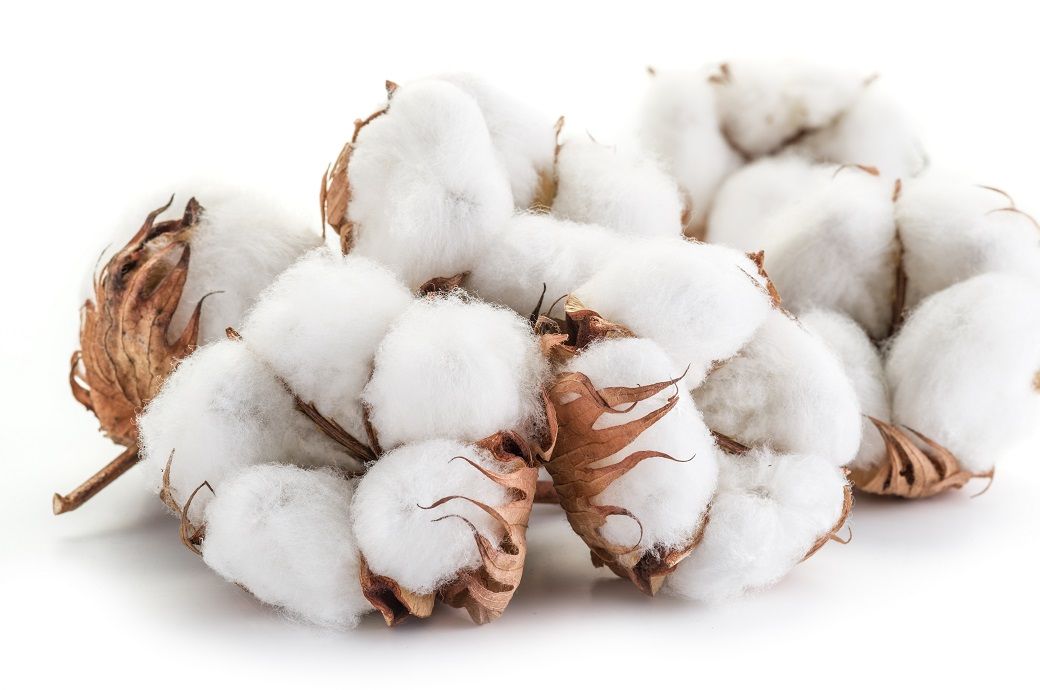
Stalin has said in a letter that Tamil Nadu has more than 2,000 spinning mills, running solely on cotton. At present, the mills do not have enough cotton for consumption until September this year. New cotton will arrive in October. He warned that if a quota of 25 lakh bales is not granted and the natural fibre does not reach Tuticorin port in the period, most of the mills in Tamil Nadu will have to cease production. The chief minister argued that the textile industry provides 1.50 crore jobs in the state, and if the mills shut down, the labour will be affected severely.
Dr K Selvaraju, secretary-general of the South India Mills Association (SIMA), told Fibre2Fashion, “Spinning mills are facing disparity in yarn exports because of 11 per cent import duty on cotton. If the central government removes the import duty, Tamil Nadu-based spinning mills will be able to import the natural fibre. Cotton imports from African countries are cheaper than buying it from Gujarat or Maharashtra.”
He emphasised the urgent need to remove import duty on cotton immediately, as its prices are rising due to lower availability, which will continue until new arrivals in mid-October or November. If the government has reservations in the interest of farmers, it can allow extra long staple (ELS) cotton for duty-free imports in the specified HSN code. This is a different type of natural fibre, not produced in India, so it cannot suppress domestic cotton prices. Usual imports of ELS cotton are also limited, at around 7-8 lakh bales.
According to Selvaraju, industry organisations are working with governments to convince them on the issue. The chief minister of Tamil Nadu also raised the industry’s concerns due to its significance in the state.
ALCHEMPro News Desk (KUL)
Receive daily prices and market insights straight to your inbox. Subscribe to AlchemPro Weekly!